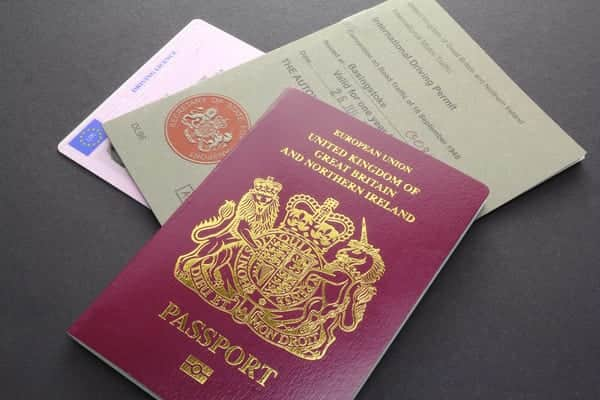The delayed UK online porn block has now been scrapped - here's why


X-rated websites were set to be blocked on 15 July this year, but now the intended new laws have been dropped.
All internet providers would have blocked adult websites if the new system had come into place, and users would have had to verify their age before proceeding.
Advertisement
Hide AdAdvertisement
Hide AdUsers would have been automatically blocked from using free sites such as PornHub and YouPorn, unless they could prove their age.


However, this long-delayed measure, which was first promised in 2015 and set to come into effect in 2018, will no longer be put into place after running into trouble and seeing numerous delays.
In June of this year, the measure was delayed for a further six months due to the government failing to inform the EU of its proposals.
Legal and technical difficulties
The intended new law ran into technical, practical and legal difficulties, with privacy campaigners protesting that it would still be possible to connect the browsing habits and history of an individual to their identity, with worries that this could then be leaked.
Advertisement
Hide AdAdvertisement
Hide AdThe government also had to exempt large social media sites from the intended ban, after fears that this would result in sites such as Twitter and Reddit being blocked for any adult content.
Proof of age
The measures would have meant that online commercial pornography services which could be accessed from the UK would have had to use an age verification system.
Mindgeek, the company that owns Pornhub and YouPorn, had developed a system called AgeID.
In regards to how this age verification system would have worked, James Clark, Director of Communications at AgeID, originally explained that "first, a user can register an AgeID account using an email address and password, both of which are protected by a salted, one-way hash.
Advertisement
Hide AdAdvertisement
Hide Ad"The user verifies their email address and then chooses an age verification option from our list of third party providers, using options such as Mobile SMS, Credit Card, Passport, or Driving Licence.
"The user then leaves AgeID and enters the details required to prove their age into the site of the third-party age verification provider. The third party will then pass back either a pass or fail to AgeID. Due to the intentional separation of AgeID and its providers, AgeID can neither see, nor store any of this age verification data.
“Once verified, users will be able to seamlessly browse between all AgeID protected sites and use multiple devices without the need for repeated verification. It is a one-time verification, with a simple single sign-on for future access.
"To clarify, if a user verifies on one AgeID protected site, they will not need to perform this verification again on any other site carrying AgeID.”
Advertisement
Hide AdAdvertisement
Hide AdUsers would have had to verify their age using a driver's license, passport or credit card (Photo: Shutterstock)
This AgeID system would have then allowed users to be able to log into any porn sites that used this AgeID system with their username and password.
Serge Acker, CEO of OCL, the company which developed the Portes Card (commonly referred to as the ‘Porn Pass’), said, “It is shocking that the Government has now done a U-Turn and chosen not to implement Part 3 of the Digital Economy Act 2017.
"There is no legitimate reason not to implement legislation which has been on the statue books for two years and was moments away from enactment this summer.
Advertisement
Hide AdAdvertisement
Hide Ad"Parliament has already put its weight behind online protections for children and approved these guidelines, but for the failure of DCMS to seek proper EC approvals during the early part if this year, these measures would have been in full force since July, and would have protected children against seeing pornography on the internet, a move which would undoubtedly have been welcomed by all sensible parents in the UK."